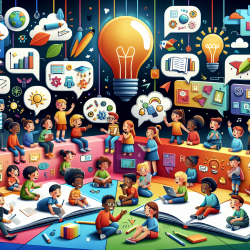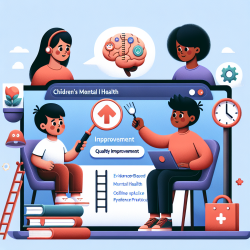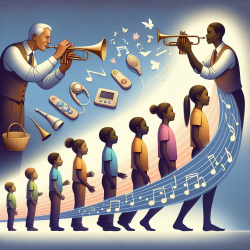For children who are deaf or hard-of-hearing (DHH), navigating the social world can present unique challenges. The research article "Emotions in Deaf and Hard-of-Hearing and Typically Hearing Children" sheds light on how emotional functioning impacts social interactions for these children. Understanding emotions plays a crucial role in their social development, influencing empathy, emotion recognition, and expression.
The Role of Emotions in Social Functioning
The study examined emotional functioning—specifically emotion recognition, empathy, and emotion expression—and its relation to social competence and externalizing behaviors among DHH children compared to those with typical hearing (TH). It found that while both groups displayed similar levels of emotional functioning, certain nuances were observed:
- Empathy: Higher levels of empathy were linked to better social competence and fewer externalizing behaviors in both groups. This suggests that fostering empathy could enhance social skills across the board.
- Negative Emotion Expression: Excessive negative emotion expression was associated with more externalizing behaviors specifically in DHH children. This highlights a need for targeted strategies to help these children manage negative emotions effectively.
Implications for Practitioners
The findings underscore the importance of integrating emotional education into programs for DHH children. Practitioners can enhance their approach by:
- Cultivating Empathy: Implement activities that encourage perspective-taking and understanding others' feelings. Role-playing exercises can be particularly effective.
- Emotion Regulation Strategies: Teach coping mechanisms for managing negative emotions. Techniques such as deep breathing or counting can help children calm down when upset.
- Create Inclusive Environments: Encourage interactions between DHH and TH peers to facilitate incidental learning of social cues and emotional expressions.
The Importance of Further Research
This study provides a foundation for understanding the emotional dynamics at play in DHH children's lives but also highlights areas needing further exploration. Future research could delve deeper into cultural influences on emotional expression or examine long-term outcomes of early intervention programs.
Emotions in Deaf and Hard-of-Hearing and Typically Hearing Children










